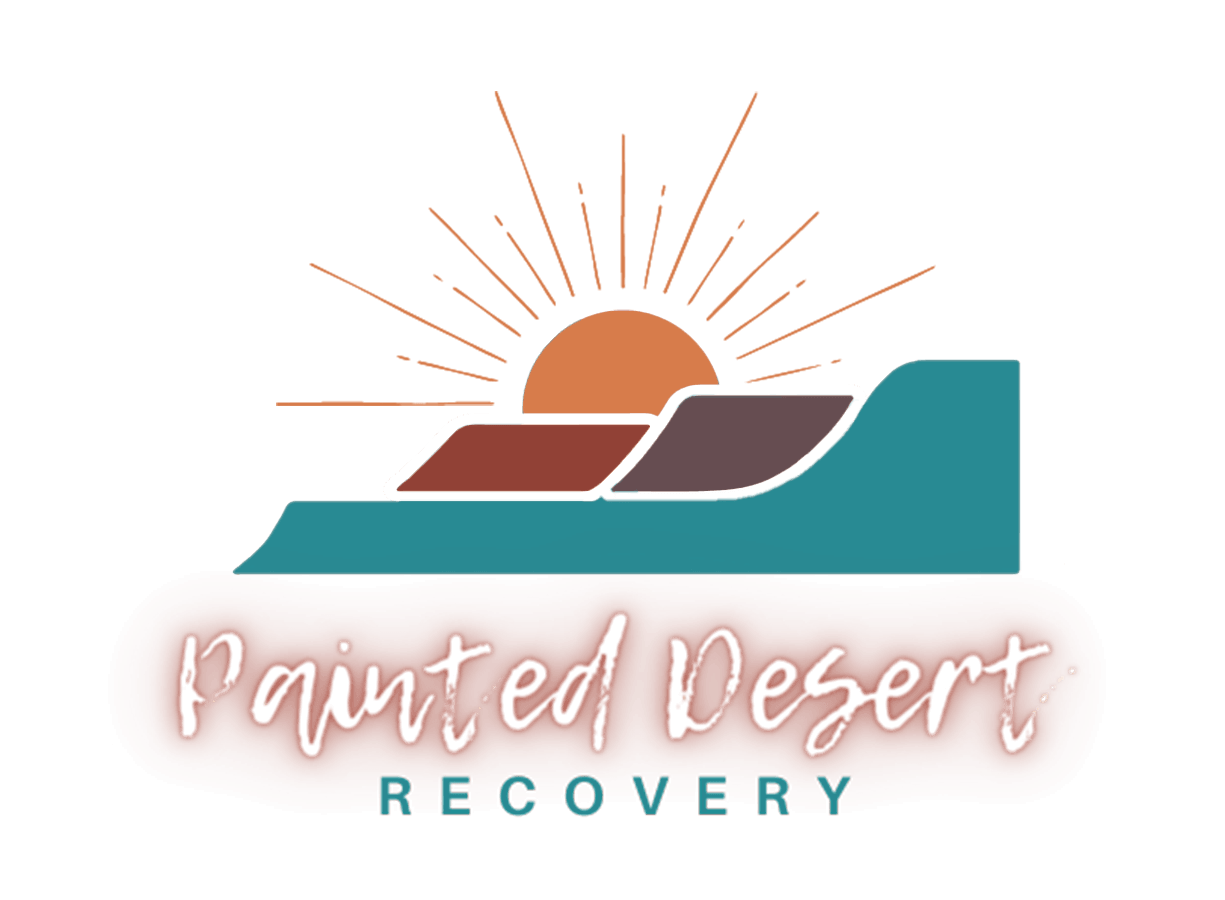Benzodiazepines, also known as benzos, are some of the most widely prescribed medications in America. Every day, these medications help people cope with significant health issues. However, all too often, they are misused. If you misuse a benzodiazepine, you can develop a serious benzo addiction. It is important to learn more about how this kind of addiction begins.
Perhaps you are concerned that you may be affected by a benzo addiction. If so, reach out to the professionals at Painted Desert Recovery by calling 844.540.0357 or completing our online form. We offer customized, targeted treatment for women with benzo-related problems. This targeted approach provides the personalized help you need to turn your sobriety goals into reality.
What Are Benzodiazepines?
Benzodiazepines are a diverse group of sedatives and tranquilizers. They work by calming down activity in your brain and spinal cord. There are currently fifteen benzos available in the U.S.
They include such well-known medications as:
- Xanax (alprazolam)
- Valium (diazepam)
- Ativan (lorazepam)
- Klonopin (clonazepam)
- Librium (chlordiazepoxide)
- Halcion (triazolam)
Some benzos only produce their effects for short amounts of time. However, others stay in your system longer. You may receive one of these medications as a treatment for:
- Significant anxiety symptoms
- Insomnia
- Convulsions, i.e., seizures
- Muscle spasms
What Is Benzo Addiction?
All benzodiazepines are capable of producing addiction. Those who suffer from benzo addiction have a physical dependence on the drugs. In other words, their brains have come to expect the presence of one of these medications. All too often, they also have become psychologically dependent, having a strong emotional need for benzos.
Together, physical and psychological dependence lead to an involuntary urge to use more benzos. In turn, this urge leads to compulsive, drug-seeking behavior. Such behavior is considered a classic hallmark of addiction.
How Does Benzo Addiction Start?
One of the main questions is about how this type of addiction starts. Typically, the process begins with misuse of a benzodiazepine medication. What does that mean?
You can abuse benzos in multiple ways. For example, you can take it more often or in larger amounts than prescribed.
You can also misuse it by taking it without a prescription. Purely recreational use of benzos counts as another form of misuse. In addition, some people commit misuse by crushing up medication or doing other things to speed up its effects. Finally, you can misuse benzos by mixing them with other addictive substances.
Every time you misuse a benzodiazepine, your addiction risks increase. Eventually, you may cross the invisible line between voluntary action and physical dependence. You can avoid full-blown benzo addiction at this stage with help from your doctor. However, if you keep going, active addiction may begin.
It doesn’t take long to grow dependent on a benzodiazepine. Doctors are aware of this risk and usually only prescribe benzos for short-term use. This safeguard is designed to protect you from addiction. However, misuse shatters your safety and leaves you vulnerable to serious problems. Some people may also be at risk even when following their doctor’s instructions.
Benzo Addiction Treatment at Painted Desert
For more information on benzodiazepine addiction, contact Painted Desert Recovery today. We’ll help you understand the risks of misuse and take steps to avoid a diagnosable problem.
Are you or a woman you know already addicted to benzos? Painted Desert is ready to help. We rely on a range of available options to provide you with effective treatment, including:
- Trauma-informed therapy
- Equine therapy
- Intensive outpatient therapy
- Nutrition and food therapy
- Cognitive-behavioral therapy
- Group therapy
- Art therapy
- Experiential therapy
- Day treatment
Overcome Benzo Addiction with Support from Painted Desert Recovery
At Painted Desert Recovery, all plans are customized and support the unique demands of your recovery. In this way, they support our mission of providing women with the best possible care. To learn more, call us at 844.540.0357 or fill out our online form.







